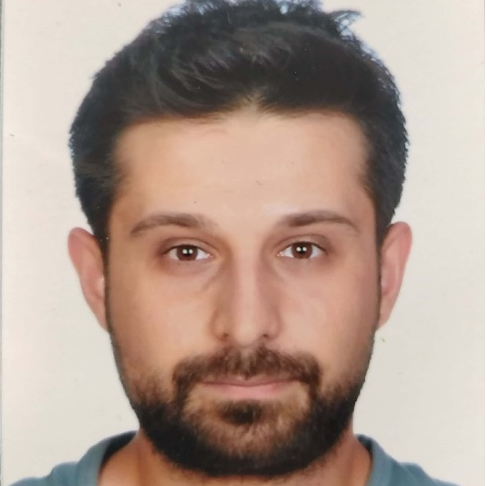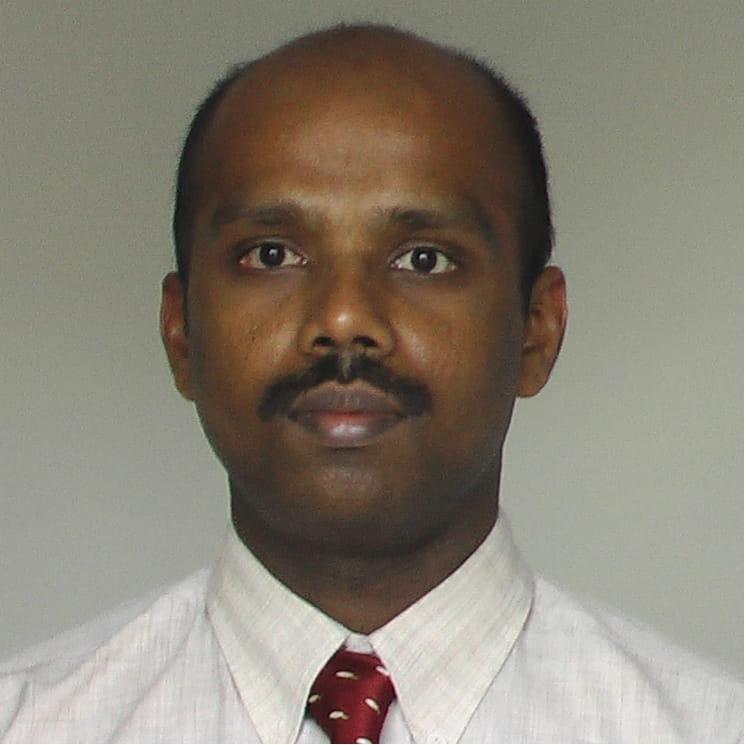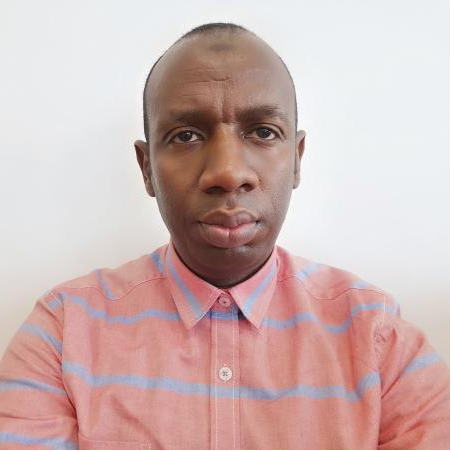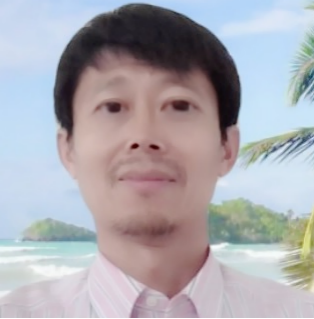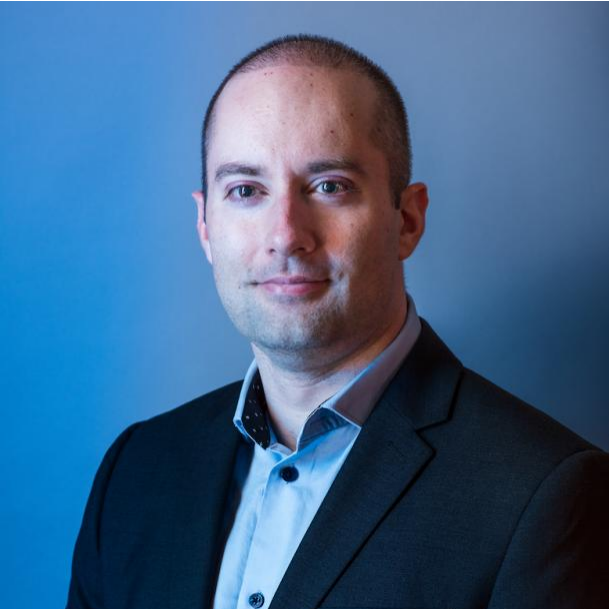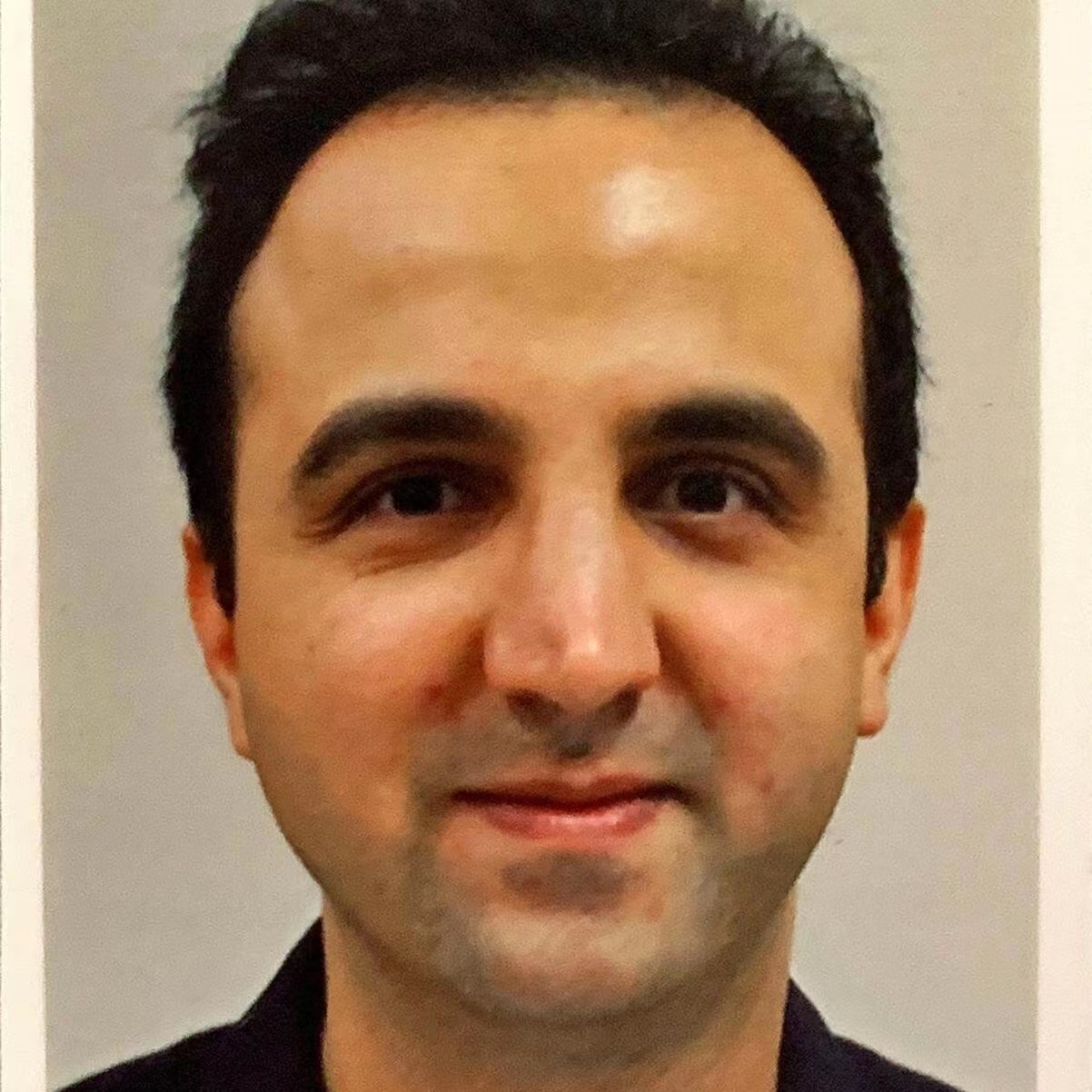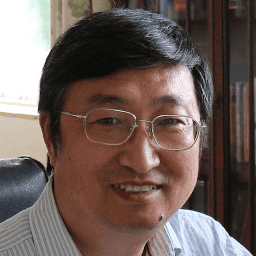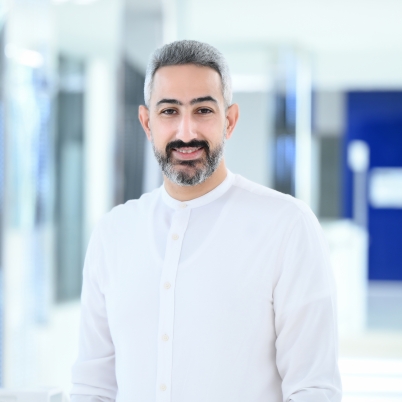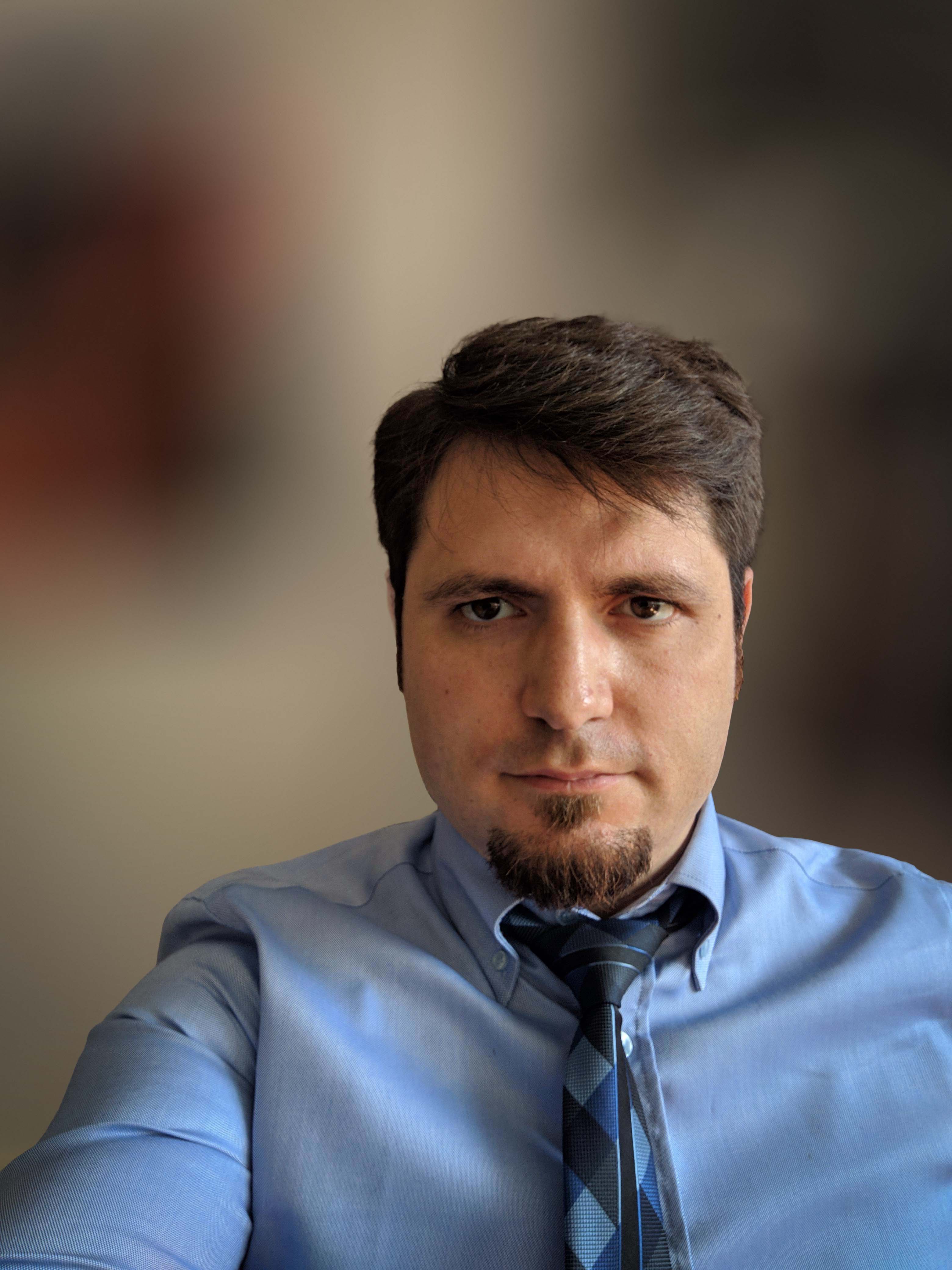Speakers
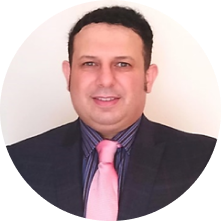
Hisham AbouGrad, Ph.D.
Dr. Hisham AbouGrad, DProf, MSc, MBA, PGCHEP, FHEA, CITP MBCS, PMP, ITQM, is a Senior Lecturer in Computer Science & Digital Technologies with a robust academic and research background. His expertise lies in artificial intelligence (AI), machine learning (ML), cybersecurity, financial technology (FinTech), multi-criteria decision making (MCDM), and information systems performance. Dr. AbouGrad actively collaborates with fellow researchers and supervise PhD and DProf students on projects that bridge theoretical knowledge with practical application. Particularly, he has supervised innovative projects such as the development of Contactless Payment Mobile Applications utilising QR Code and NFC Technologies, and predictive modeling systems for financial applications using ML. These projects provide invaluable hands-on experience, particularly in emerging technologies like mobile app development and financial performance prediction. Dr. AbouGrad’s research contributions are well-documented through his numerous publications, which address critical issues in ML, information security, and financial applications. His recent work, including a research paper "AI-Framework to Predict eCommerce Fake Reviews: A Hybrid Neural Network Machine Learning Model," showcases his ability to apply advanced AI methodologies to solve real-world financial and sustainability challenges by emphasising on quality, scalability, and reliability. His contributions not only advance academic knowledge but also have significant implications for sustainable business environment.
Title of Speech: AI-Powered Financial Decision-Making Framework to Predict Stock Price Using LSTM Algorithm and NLP-Driven Sentiment Analysis Model
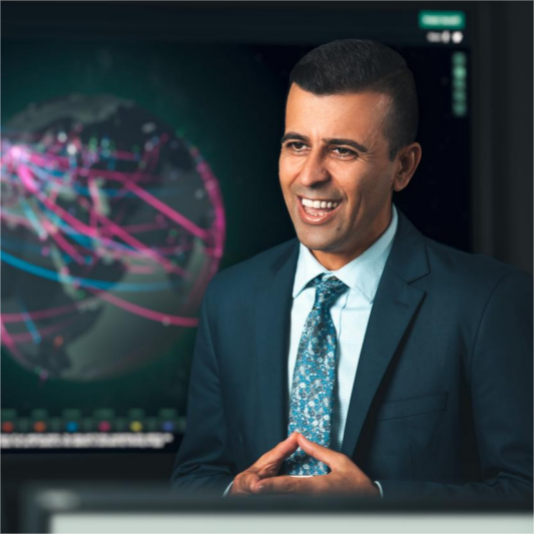
Marwan Omar, Ph.D.
Dr. Omar's Academic career has consistently focused on applied, industry-relevant cyber security, Data Analytics, machine learning, application of AI to cyber security and digital forensics research and education that delivers real-world results. He brings a unique combination of industry experience as well as teaching experience gained from teaching across different cultures and parts of the world. He has an established self-supporting program in machine learning application to cyber security. He has established a respectable research record in AI and cyber security exemplified in the dozens of published papers and book chapters that have gained recognition among researchers and practitioners (more than 272 Google scholar citations thus far). He is actively involved in graduate as well as undergraduate machine learning education including curriculum development and assessment. Dr. Omar has recently published two books with Springer on Machine Learning and Cyber Security and has also published research with IEEE conference on Sematic Computing. Additionally, Dr. Omar hold numerous industry certifications including Comptia Sec+, ISACA CDPSE, EC-Council Certified Ethical Hacker, and SANS Advanced Smartphone Forensics Analyst. Dr. Omar has been very active academia and the industry and he is currently serving as an associate professor of cyber security at Illinois Institute of Technology.
Title of Speech: Android Malware and the Role of Machine Learning
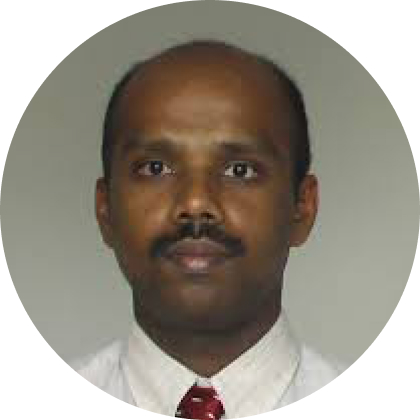
Anil Fernando, Ph.D.
Prof. Anil Fernando is currently a Professor of video coding and communications with the Department of Computer and Information Sciences, University of Strathclyde, UK, and also is a Visiting Professor with the Center for Vision, Speech and Signal Processing (CVSSP), University of Surrey, UK. He has been working with many academic and industrial partners over the past decade to provide innovative media technologies, publishing over 460 papers and a book. He has supervised more than 110 PhD students and currently supervising 18 PhD students and lead the Multimedia Communications research group at the University of Strathclyde. His main research interests include video coding and communications, media broadcasting, quality of experience and applications of machine learning and artificial intelligence, semantic communications, media applications, next generation networks, and digital health.
Title of Speech: Data Science and Information Compression: Hyperprior Models and Beyond
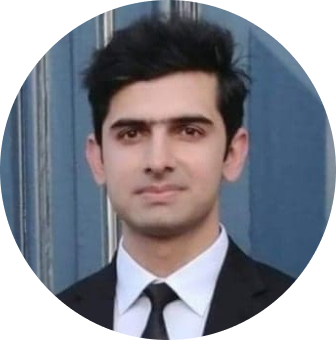
Faheem Ullah, Ph.D.
Dr. Faheem Ullah is a computer scientist having diverse expertise in the use of AI tools for research purposes. Dr Faheem regularly shares his views and expertise on the use of AI tools for research on platforms like LinkedIn and Twitter. He has a combined audience/followers of around 250,000. He also regularly conducts webinars and gives talks on the use of AI tools for research.
With a PhD and Postdoc in AI from the University of Adelaide, Faheem is a highly accomplished academic. Throughout his career, Faheem has received numerous accolades, including two Gold Medals, one Silver Medal, and six academic distinctions. He has been the recipient of multiple scholarships for his undergraduate, master's, and PhD studies. Faheem has also played a pivotal role in supervising over 40 undergraduate, master's, and PhD students. His expertise lies in the fields of AI and research methods. With his rich experience and extensive contributions to academia, Faheem Ullah is dedicated to advancing knowledge and fostering innovation in the research being conducted.
Title of Speech: Evaluation of Big Data Systems in Edge and Cloud Environments
